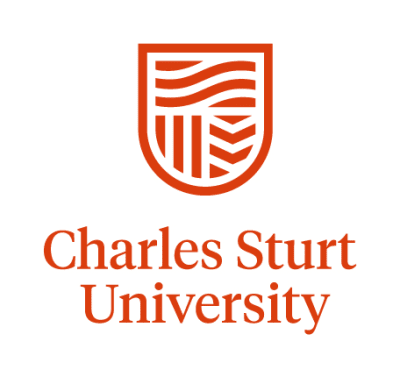
Charles Sturt University

Introduction
Charles Sturt University
Charles Sturt University is dedicated to providing a degree and student experience like no other university. Our approach to teaching and learning combined with hands-on experience ensures Charles Sturt graduates have the best opportunities to kickstart careers in their chosen profession.
Be the grad who gets the job
Join the university with the highest graduate employment rate in Australia* – more Charles Sturt University grads get jobs faster than grads from any other uni. Employers know Charles Sturt grads are skilled, confident and ready to get to work
Connections with industry
Our academics and teaching staff are well-connected. So when you graduate, you’ll already have a wide network of industry contacts who can help you kickstart your career. We also work with national and international organisations to give you the most relevant knowledge.
Charles Sturt University's international links
Charles Sturt University is a member of the Association of Commonwealth Universities and is partly funded by the Australian government. Charles Sturt University has over 60 partnerships in more than 25 countries that facilitate research, course delivery, cultural exchange, student and staff exchange and a diverse range of other educational activities.
**Good Universities Guide 2022/23
Charles Sturt University is an Australian University, TEQSA Provider Identification: PRV12018. Charles Sturt University CRICOS Provider Number: 00005F.
Gallery
Locations
- Albury
CSU Albury-Wodonga Campus PO Box 789 Albury NSW 2640 , , Albury
- Bathurst
CSU Bathurst Campus Panorama Avenue , , Bathurst
- Orange
CSU Orange Campus PO Box 883 , , Orange
- Port Macquarie
CSU Port Macquarie Campus PO Box 2136 , , Port Macquarie
- Wagga Wagga
CSU Wagga Wagga Campus Locked Bag 588 , , Wagga Wagga
